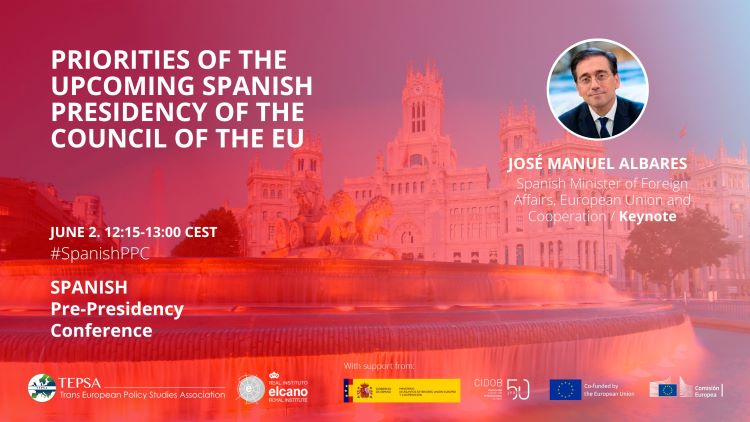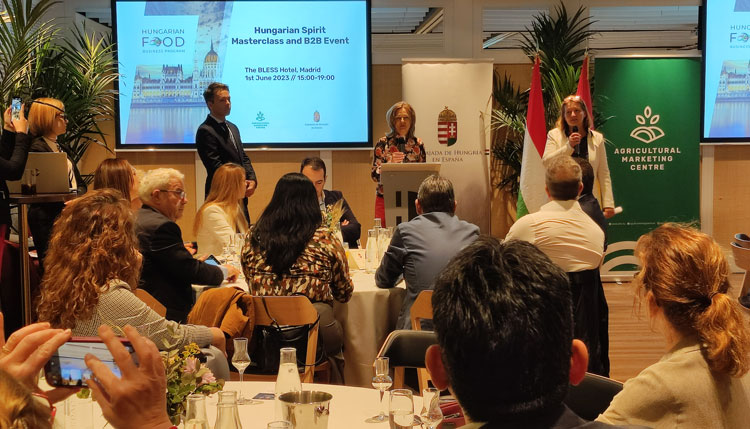The Diplomat
TEPSA’s Spanish Pre-Presidency Conference has recommended that the Spanish Presidency of the EU Council, which will begin on July 1, accelerate negotiations for Ukraine’s accession to facilitate its “fast-track” entry into the Union.
The Elcano Royal Institute and the Trans-European Policy Studies Association (TEPSA) co-organized on June 1 and 2 the conference that, for almost 50 years, has been held by this association before each European Presidency, in this case the Spanish one. The event took place at the headquarters of the Ministry of Foreign Affairs in Marqués de Salamanca and was closed yesterday by the Minister, José Manuel Albares, who outlined the priorities of the Spanish Presidency.
TEPSA is a network of 47 research institutes from 37 European countries that has been in existence for half a century. Before each Council Presidency, TEPSA joins forces with a partner institute from the corresponding country to organize the Pre-Presidency Conference (PPC). Since the first conference, held for the Irish Presidency from January to June 1975, PPCs have become a staple of the European political year. The Elcano Royal Institute also participated in the conference prior to the previous Spanish Presidency, in the first half of 2010.
According to both organizations in a press release, “when Spain assumes the Presidency of the Council of the European Union in July, the main issues raised by the Russian aggression against Ukraine -from economic sovereignty to energy security, defense capabilities or enlargement- become important and complex”.
During its two-day meeting, in addition to an introductory analysis drafted by three members of TEPSA’s Board of Directors (Nicoletta Pirozzi, Institute of International Affairs; Richard Youngs, Carnegie Europe; and Ilke Toygür, Universidad Carlos III de Madrid), several researchers of the association agreed on three “crucial policy recommendations addressed to the Spanish Presidency”.
Specifically, in the field of enlargement and at the proposal of Frank Schimmelfennig (ETH Zürich), the TEPSA Conference recommends that “candidate countries such as Ukraine” enter “fast-track accession negotiations to strengthen the credibility of enlargement”.
In the field of economic competitiveness, Michele Chang (College of Europe) and Marco Siddi (Finnish Institute of International Affairs) call on the Spanish Presidency to give priority to the completion of the Banking Union and the Capital Markets Union. Likewise, regarding the role of the EU in the world, Jakob Hallgren (Swedish Institute of International Affairs) and Anna Ayuso (Barcelona Center for International Affairs) advocated new approaches and narratives for relations between the EU and the Community of Latin American and Caribbean States.
During the closing of the meeting, José Manuel Albares stated that the Spanish Presidency “aspires to bring to a successful conclusion a large number of open legislative dossiers (…) of total importance for Europeans”, such as “the deepening of the Europe of health, the reform of the electricity market or the revision of the rules of fiscal governance to consolidate a fair economic policy”. “We want a Europe ready for major changes, starting with responsible digitization and greater deployment of renewable energies, betting on increasing European energy sovereignty,” he added.







